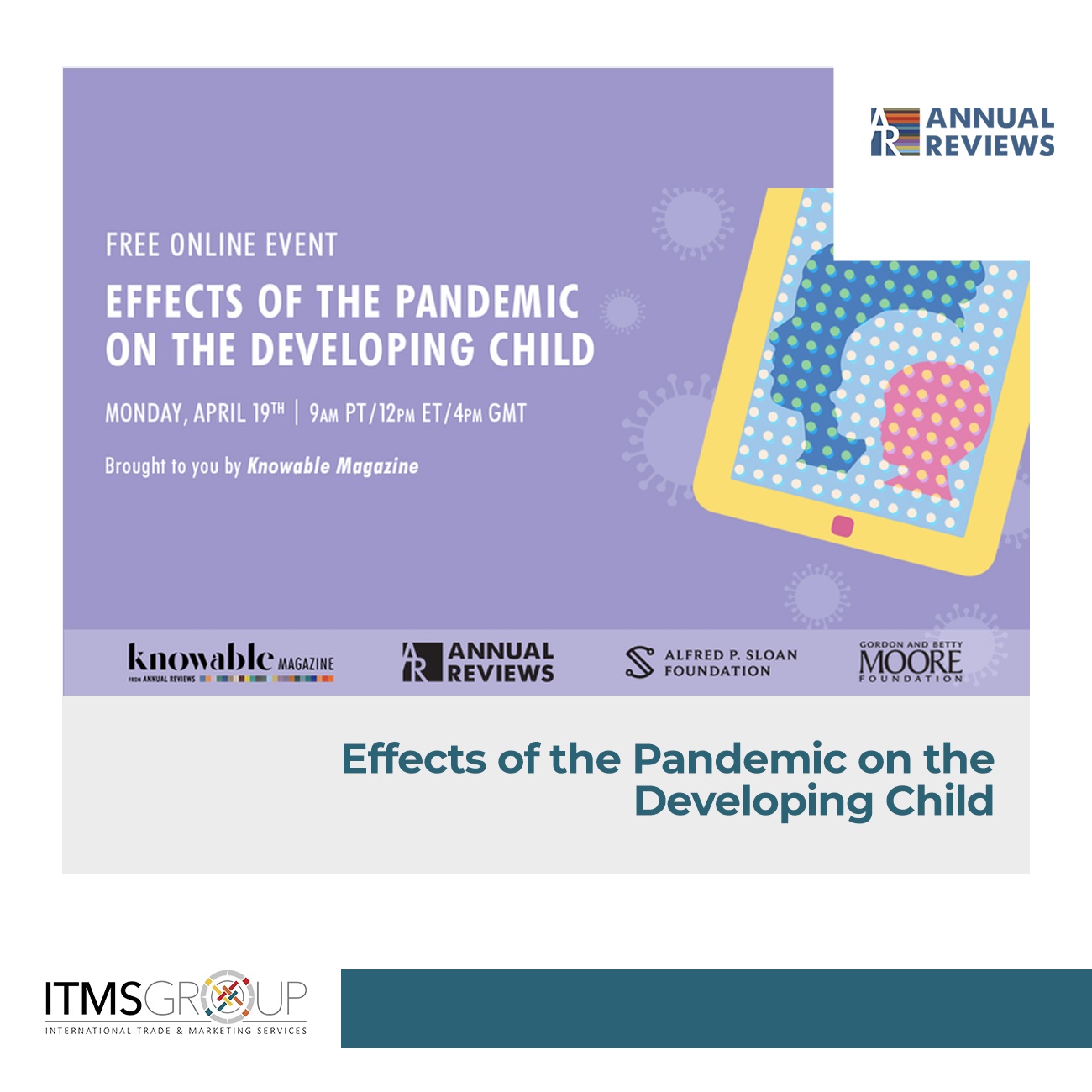Over the past year, children have dealt with social distancing, Zoom school and family stress. The lucky ones suffered mainly boredom and loneliness; others faced illness, family poverty and hunger, loss of education, or unsafe conditions and abuse. Researchers have observed more depression, suicide and obsessive-compulsive symptoms in children. How will the year of Covid-19 affect their growth, development and futures? There’s reason for hope: Research on past disasters suggests many kids rebound.
Two leading child development experts will discuss the ongoing fallout and their visions for what’s ahead. How can parents understand if their kids’ behavior is “normal” when little is normal right now? Who’s most at risk, and how can they be protected? How can parents support their children — and themselves? If kids fall behind on developmental milestones or school, will they be able to catch up?
Join Knowable Magazine for a live conversation, and get your questions answered.
Speakers:
Ann Masten, Ph.D.
Regents Professor and Irving B. Harris Professor of Child Development, University of Minnesota Twin Cities
Director of the Project Competence Research on Risk and Resilience (PCR3)
Dr. Masten studies risk and resilience in child development, investigating young people who deal with homelessness, poverty, war, natural disasters and migration. Her work helps her identify factors or interventions that help children and families adapt to adversity. She also codirects the Homework Starts with Home Research Partnership, a collaborative effort that guides policy and practice toward the goal of ending student homelessness.
Cynthia García Coll, Ph.D.
Professor Emerita, Brown University, and Adjunct Professor at University of Puerto Rico Medical School
Dr. García Coll studies how social and cultural factors influence child and adolescent development, focusing on at-risk and minority populations. Her expertise includes immigrant youths, ethnic minority children and bilingualism. Her career has focused on the championing of ethnic and racial minority youth development, with an emphasis on de‐pathologizing children’s lives, aiming to understand their development in contextualized, resilient ways. Her model placing discrimination and public policy at the forefront of shaping minority youth development is proving extremely relevant and timely. Based in Puerto Rico, she can offer insights based on her observations during the aftermath of Hurricane Maria.
Moderator:
Amber Dance, Freelance Science Journalist
Dr. Dance is an award-winning science journalist and, as of 2020, part-time Zoom-school teacher’s aide for a 7-year-old. Following a doctorate in biology at the University of California, San Diego, she earned a graduate certificate in science communication from the well-respected program at University of California, Santa Cruz. With more than a decade of experience in science writing, she has covered a variety of topics, including several aspects of the Covid-19 crisis for Knowable.
This event is part of Reset: The Science of Crisis & Recovery, an ongoing series of live events and science journalism exploring how the world is navigating the coronavirus pandemic, its consequences and the way forward. Reset is supported by a grant from the Alfred P. Sloan Foundation. Knowable Magazine is a product of Annual Reviews, a nonprofit publisher dedicated to synthesizing and integrating knowledge for the progress of science and the benefit of society. Major funding for Knowable comes from the Gordon and Betty Moore Foundation.





